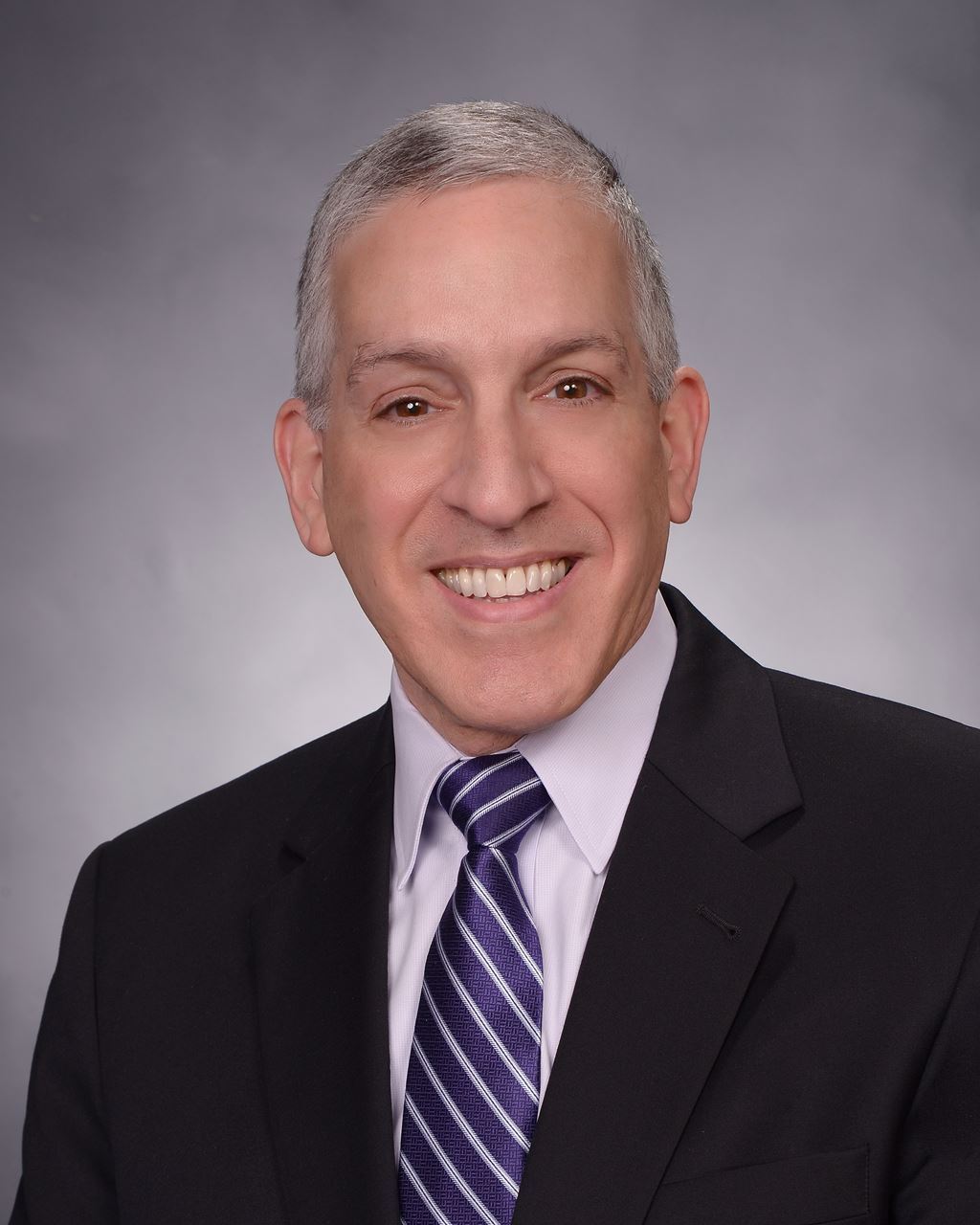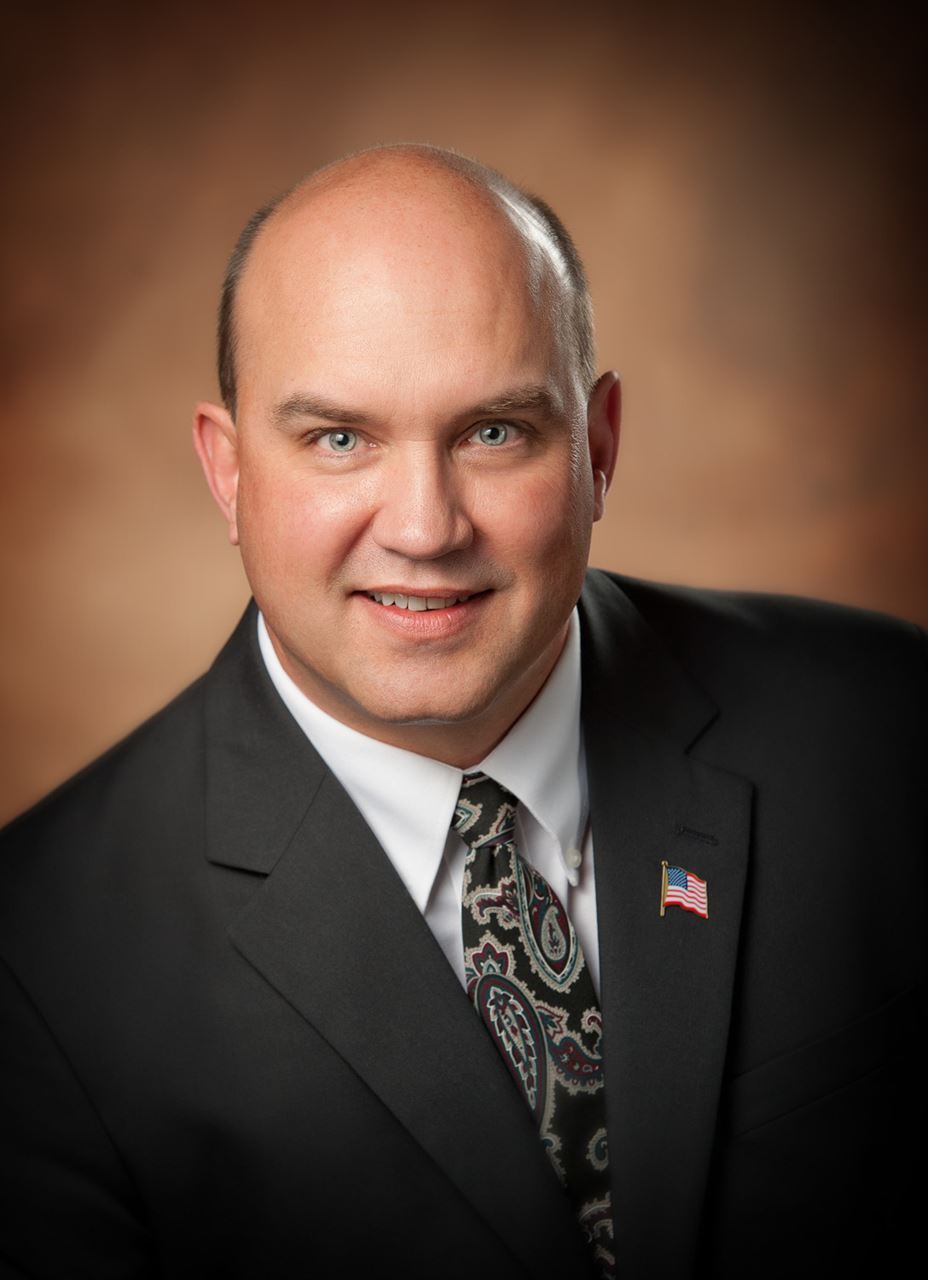January 2022 |
Letter From the Association Administrator Emerge. Develop. Excel. The theme of this year’s national conference comes from our Guiding Principles. Whether you are a seasoned or new foundation leader, and regardless of where your foundation is in the growth cycle, I encourage you to join us for three days of nationally known keynote speakers, deep-dive breakout sessions, meetings with exhibitors and opportunities to network with education foundation and school district personnel from across the nation. This year’s conference will be held virtually using the SOCIO App - a user-friendly application designed to help maximize educational and networking opportunities. Not only will you have one link to access over 20 educational sessions, presentations, and handouts, the app will provide you with easy access for interactive dialogue at Meet-Ups, Networking Sessions, and at our virtual Exhibit Hall. If you don’t want to attend the conference alone, invite your board members and education system leaders. Our Organizational Registration is an affordable way to register seven or more individuals. Best of all, the more individuals you register, the more sessions your foundation can attend greatly expanding your networking, sharing, and learning from foundation leaders. See the full conference agenda, online here. |
CALLING INDUSTRY SUPPLIERS AND PARTNERS!
Engage
with foundation leaders from 640 education foundations in 41 states who
serve over 20 million students. We invite you to be part of the NAEF National Conference and engage with foundations leaders year-round.
Download our Sponsor Spec Sheet which details conference and full-year sponsorship and engagement opportunities.
About the Author Gail Rothman Gail Rothman joined the Decatur Education Foundation as its first executive director in 2009 and has overseen a period of rapid growth and expansion for the foundation. She has more than 25 years of experience in non-profit work including program development, strategic partnerships and resource development. Gail was part of the inaugural cohort of professionals who became certified education foundation leaders through a partnership between NSFA and National University. She has facilitated workshops on a wide variety of education foundation topics and has a particular interest in encouraging white leaders to use their platforms for anti-racism work. She is a team member of A Long Talk about the Uncomfortable Truth and the co-coordinator of Pillars of Change, a community committed to eradicating racism. Gail has a BA from UC Berkeley in cultural anthropology and an MA in Intercultural Education and Training from the School for International Training. She enjoys mentoring, coaching and consulting for foundations and non-profits and has her best ideas while walking in the woods or working out on her Peloton. |
Part I Over the past few weeks, I’ve been in conversations in which the topic of teacher burnout has come up again and again, both with local colleagues and with education foundation leaders. The automatic response to this is, “how can we do something nice for teachers?” The suggestions usually involve gifts, thank you cards or public shout-outs. Of course, expressing gratitude to teachers and staff is very important, but I don’t believe it is the way to address burnout which results from larger structural issues at play. Merriam-Webster defines burnout as “exhaustion of physical or emotional strength or motivation usually as a result of prolonged stress or frustration.” To address burnout, the question we should ask is: “what motivates people and energizes them in the face of jobs that are hard and stressful?” As I got deeper into the topic, I found and re-watched an animation based on the work of Daniel Pink. His research about what motivates people shows that motivation comes from three things (and not necessarily what you would think). They are: autonomy, which is the desire to direct our own lives, mastery which is the desire to continually improve at something that matters, and purpose, which is knowing that what you do matters. I have more to say about mastery and purpose (in future posts), but Covid provided an 18-month experiment in autonomy for businesses across the globe as workers were displaced from office environments at the same time that working parents had to manage at-home learning. On March 13th 2020, the DEF team which is highly collaborative in nature, found ourselves in this new work environment which provided a test to the concept of work autonomy. While some flexibility has always been built into our work (given the many evening events and meetings that are required of DEF staff), the pandemic put us on a fast-track for even greater autonomy over our schedules. When our schools closed in mid-March 2020, all six of us started working from home, and the forced flexibility created a social experiment. I can now say unequivocally that the experiment was a success, and while we all agree that the team needs to schedule in-person collaboration time now that we are all vaccinated, we found that time offsite allowed us to work around other commitments AND to work at times of the day when we were most focused and productive. Some of my most productive and creative thinking time during the pandemic months was the time I spent taking a break from my computer and walking in my neighborhood (look for a future post on brain chemistry, nature and how our brain keeps working even when we take breaks). But for the moment, back to autonomy. Leah, DEF’s resource development manager, recently posted an article about how workplaces are failing working mothers (interview here) with this note: Great read for all the working mamas out there. First off, I am fully aware that because of my inherent privilege, I already have access to more work flexibility than so many women from the jump BUT I have never been so grateful to have an amazing boss who understands a project-based work environment than I am right now. Because of the hybrid program my daughter is doing for dyslexia remediation, my schedule is BEYOND non-traditional. If I didn’t work for DEF, and for Gail Rothman who understands that we all have unique situations but are still focused on making sure the work gets done, I would have had to leave the workforce again to make this happen. Adam Grant, an organizational psychologist I love, who you will be hearing more about in future posts shared on Meet the Press that even pre-pandemic, the data showed that as long as workers were together for half of their work week, the other half of the time they could work from anywhere and be more productive, more satisfied, and more likely to stay. Covid made it clear to me as a leader that making work schedules flex for each member of the DEF team is a critical ingredient in retaining and supporting them, which benefits not only DEF but the hundreds of children and families we serve. Autonomy is certainly harder to provide for teachers given the structure of the school day, but I wonder if schools can be more creative in how they think about autonomy and flexibility, especially when it comes to extra hours for meetings and professional learning. This fall, DEF is funding a pilot program to offer health coaching to teachers and staff at Decatur High School in conjunction with the Decatur Student Center. Coaching is structured to take advantage of autonomy, the desire to direct our own lives, as a motivator. Jody Goldfarb, MSW, teacher and Emory-certified health coach has been offering coaching to frontline workers at Emory during the pandemic. She shares, “Coaching supports clients in reclaiming time in their day to focus on things that matter to them with intention and a workable plan. Educators, like medical professionals, may not always have control over their workday, but this pilot program gives them an opportunity to make changes during the parts of their day they can direct. In the process, they can develop a self-care arsenal to avoid burnout and reduce stress.” Feeling like your time is not your own? Where can you reclaim some time in your day to be more autonomous? |

